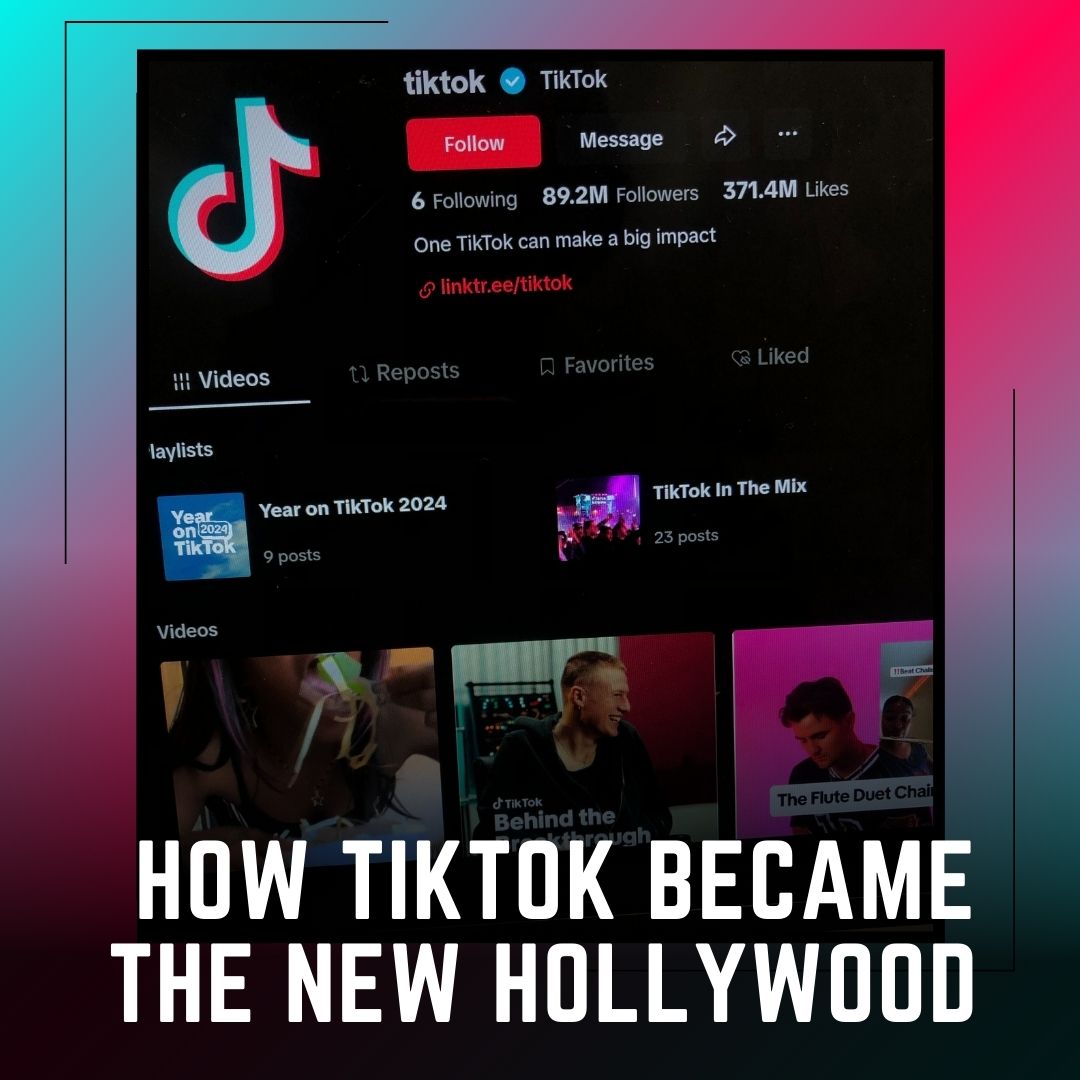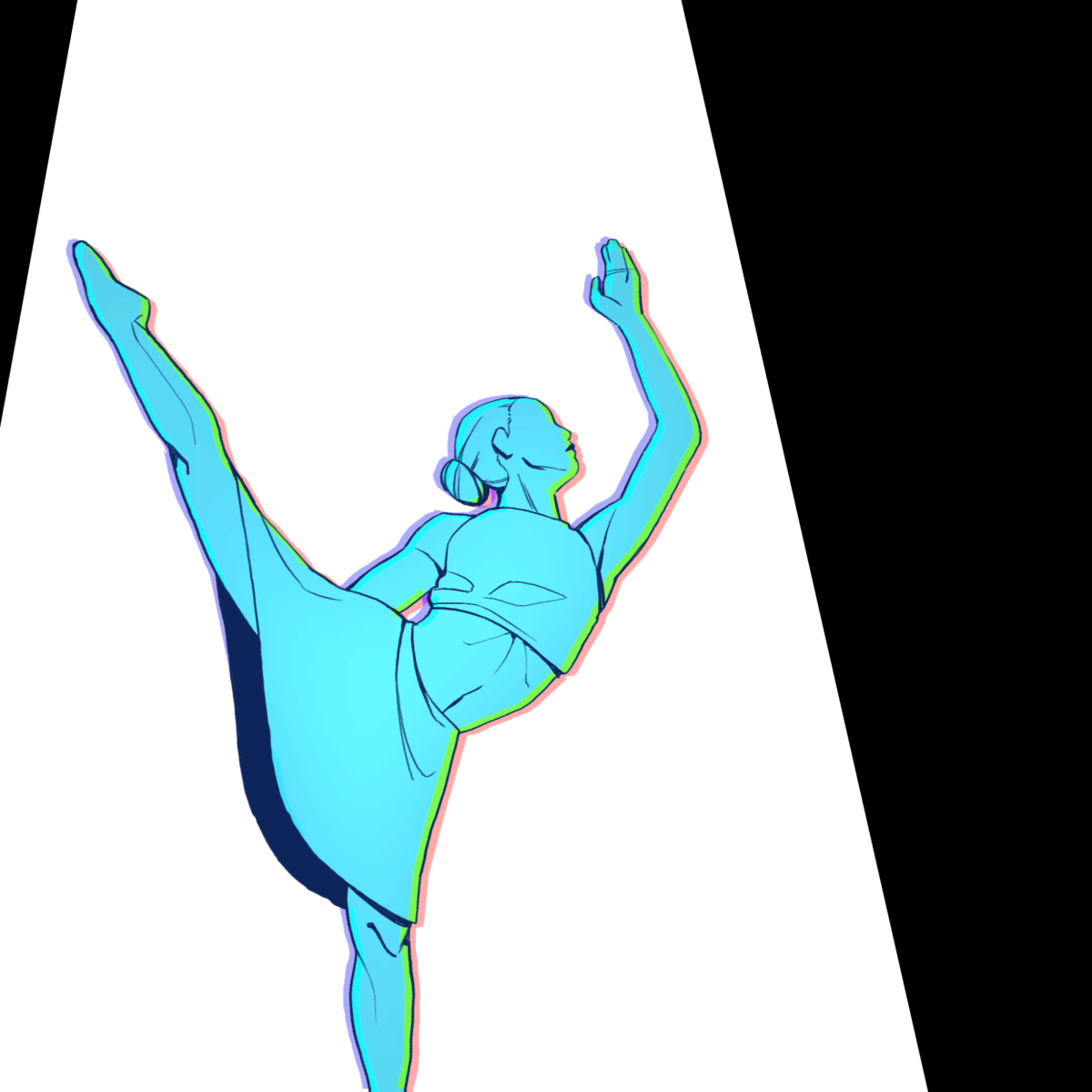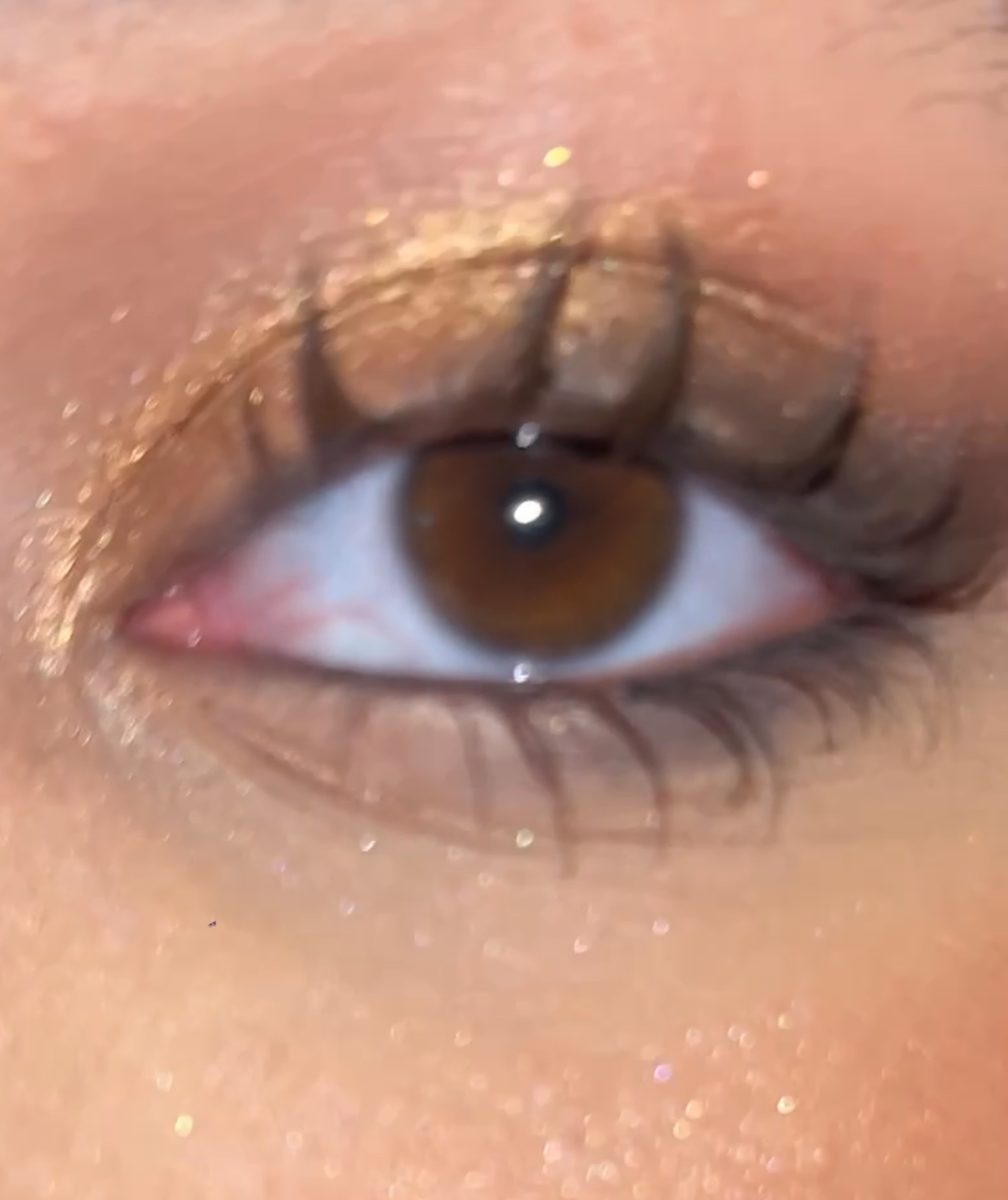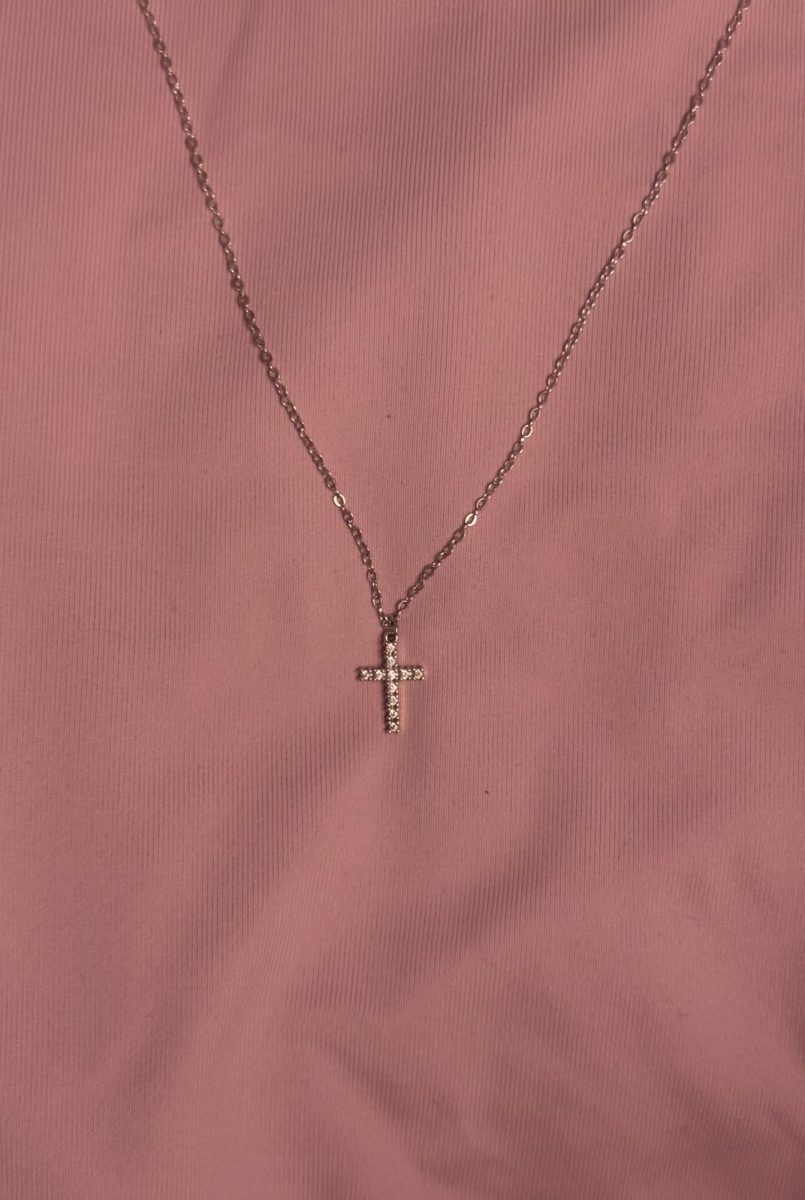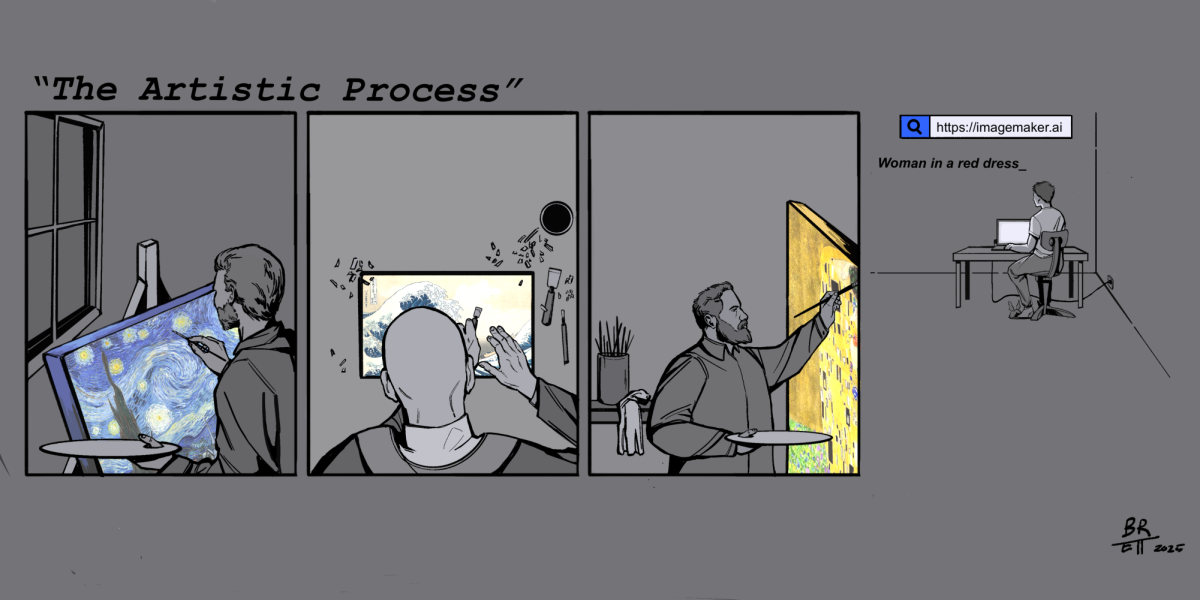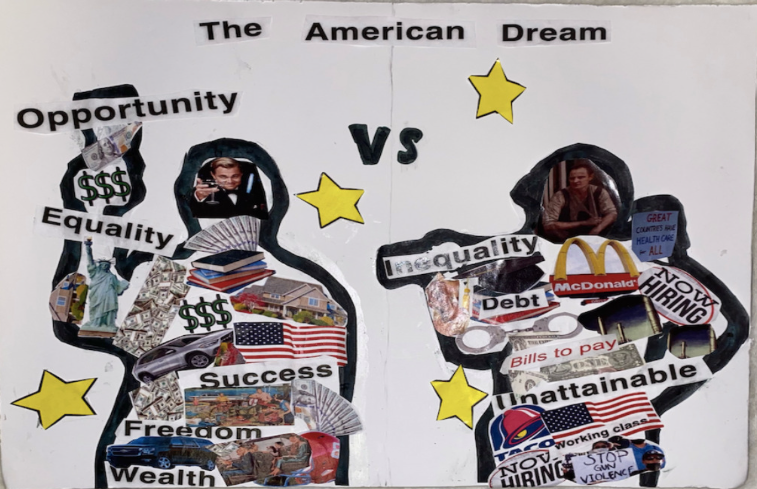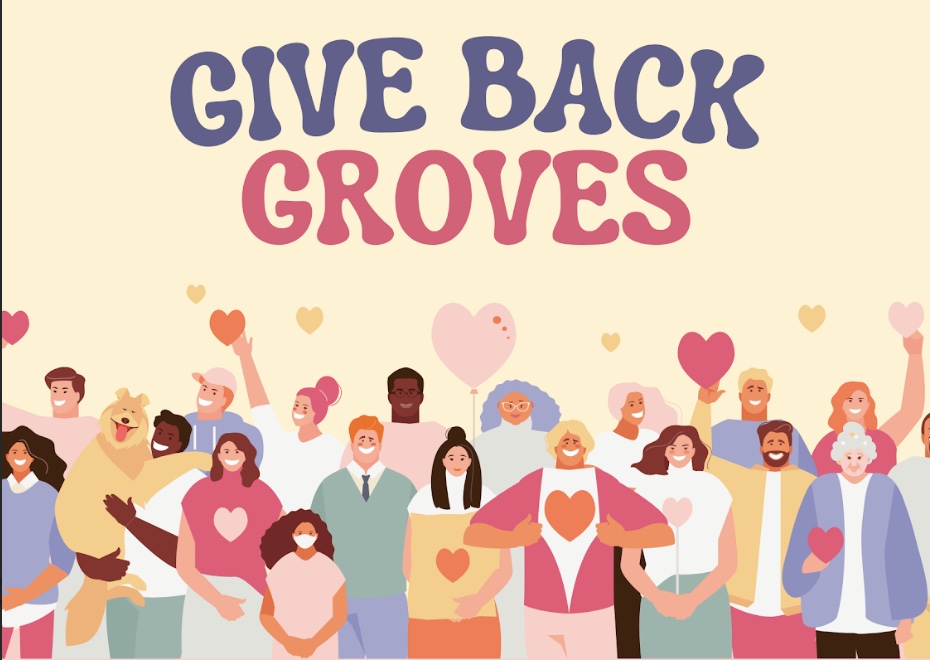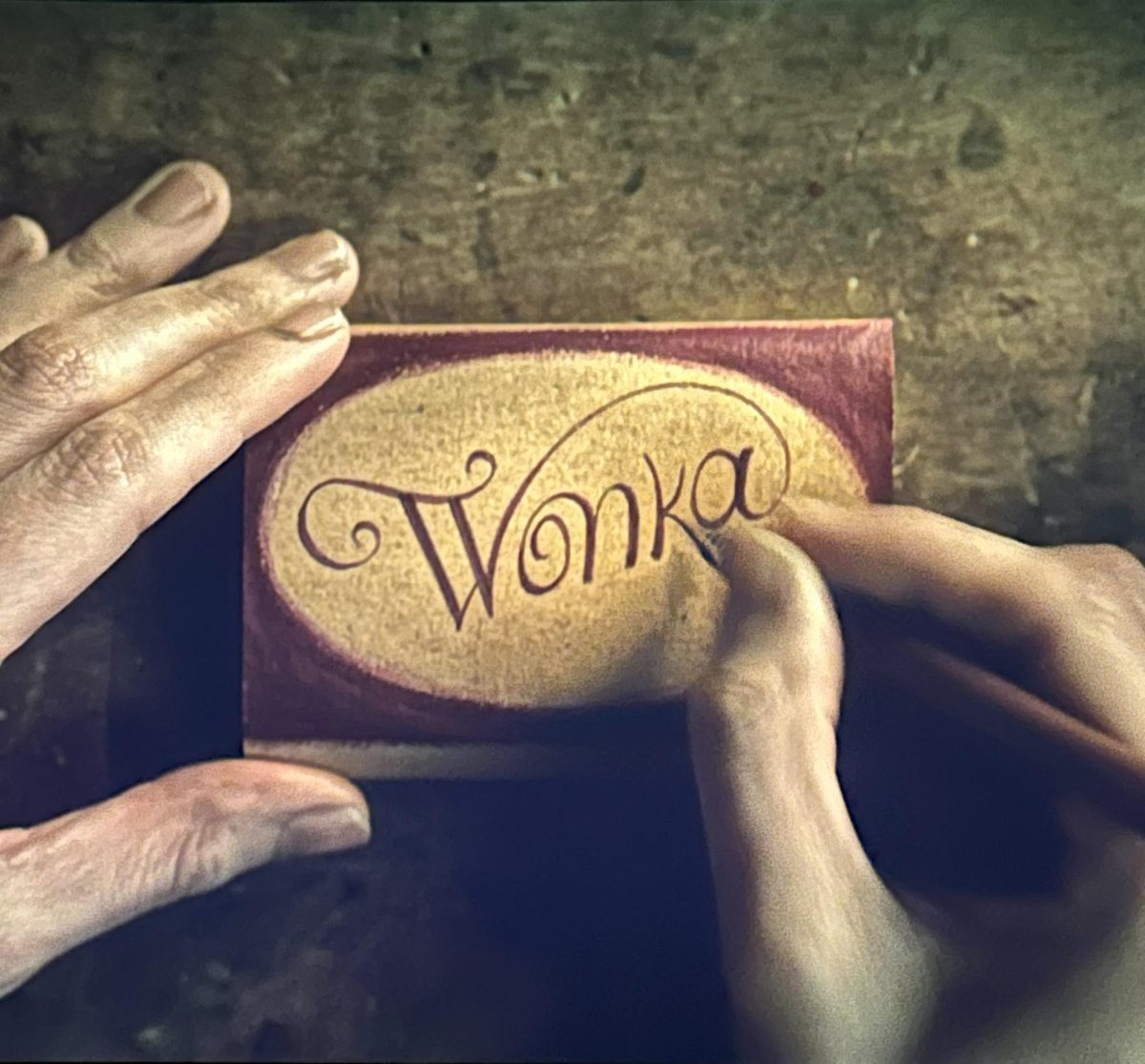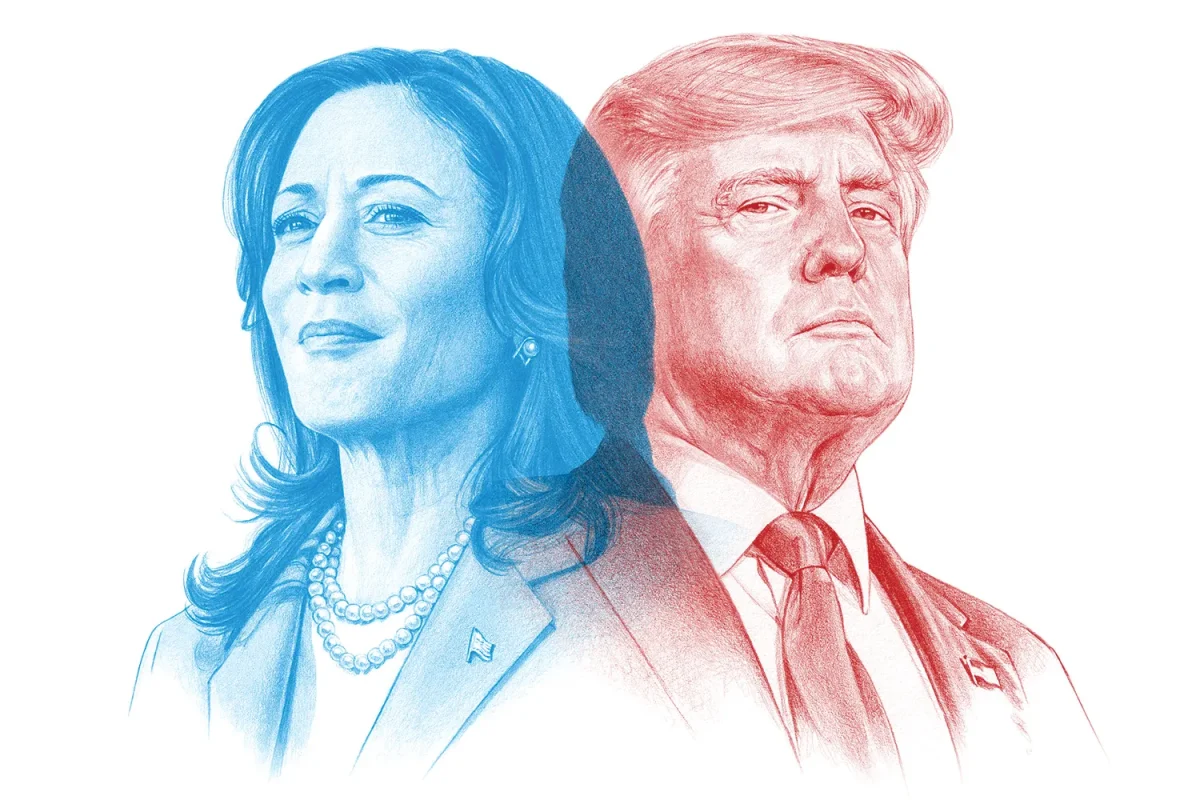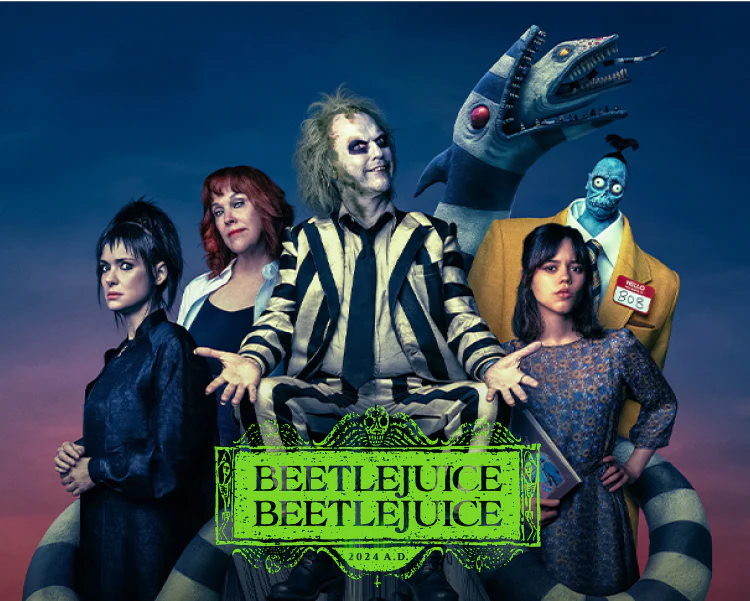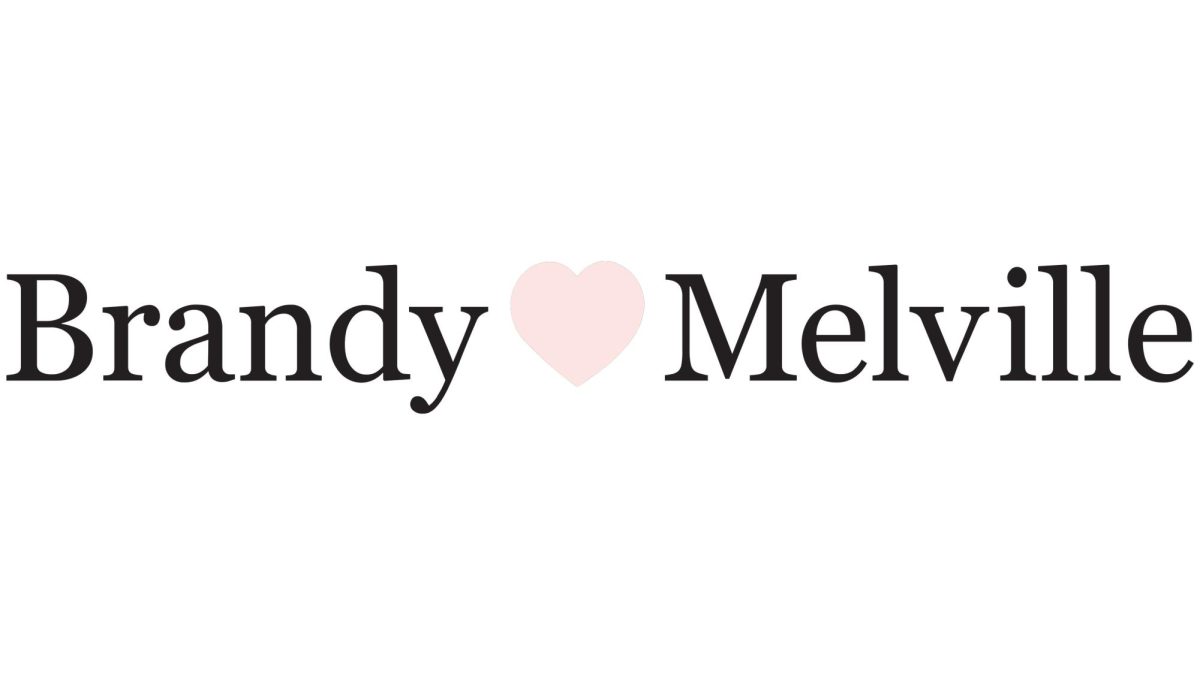When imagining Disney, joy most likely floods your mind. Beautiful memories of the pure days of childhood can be reminisced upon, with iconic films, shows and characters that instilled happiness, taught lessons and brought an enormous amount of color to the world.
But recently this multi-billion dollar industry has been under serious scrutiny. With Americans becoming more progressive in viewpoints, contrasting opinions are usually manifested into being discriminatory and hurtful. In the wake of the woke movement, cancel culture is emerging, a type of excessive political correctness that attempts to silence people with unwelcome opinions.
Disney has had a long track record of tokenizing minority struggles and stories. Tokenism is defined by Merriam-Webster Dictionary as “the policy or practice of making only a symbolic effort (as to desegregate).” Many entertainment companies engage in tokenism, and it’s interesting to see it happen more recently than before. With the influence of social media and the rise of “cancel culture,” it is clear that entertainment companies want to appeal to consumers’ wants and needs to generate profit.
It must be admitted that Disney has made significant strides in diversifying its movies and becoming more inclusive across race, disability and sexual orientation. However, it may appear that these are merely tokens to the company and not actual points of change. For example, “Princess and the Frog” featured Disney’s first ever Black lead in a movie: Tiana. However, she spent more than half of the film as a frog. Similarly, in Pixar’s “Soul”, Joe Gardner was also the enterprise’s first-ever Black lead, and he too spent more than half the movie as a ghoul-like entity. While it may be unintentional and for the sake of the plot, this has been a recurring theme across media and entertainment. It is disparaging to see minorities reduced from humans to animals. It calls into question the true intent of filmmakers. While it can be agreed that the transformations might be an integral part of the plot, fans are still waiting for a Black lead in a movie that stays human for the entire length.
Due to this uptick in cancel culture and accusations of tokenism, Disney has looked to correct the wrongs in the many aspects of their industry. One example of this being in 2020, during the wake of the Black Lives Matter Movement, several petitions started gaining attention that urged Disney to change the theme of Splash Mountain. The people within this movement essentially canceled Splash Mountain. The ride was originally based on the 1946 Disney film “Song of the South”, which has long been criticized for its problematic portrayal of the post-Civil War South and for depicting racist stereotypes. During an interview in 2020, Disney CEO Bob Iger announced that “Song of the South” would not be available for streaming on Disney Plus and that the movie is “not appropriate in today’s world”. Disney has set to open a new ride in summer 2024 that will replace Splash Mountain. The new ride will be based off of the “Princess and the Frog” and will be called Tiana’s Bayou Adventure. Though the ride will feature all new songs and characters, it will still include many familiar elements of Splash Mountain. In addition to remaining a log ride, Tiana’s Bayou Adventure will also feature that classic water drop at the end.
This redesign is a continuation of Disney’s “longstanding history of updating attractions and adding new magic,” according to the original announcement from Disney CEO. The new ride will be “one that all of our guests can connect with and be inspired by, and it speaks to the diversity of the millions of people who visit our parks each year.” In the future Disney continues to strive to make corrections and doge cancel culture and accusations of tokenism so that they can maintain their image and generate profit. At the end of the day, is it just truly profit and politics that are driving these changes within Disney?



